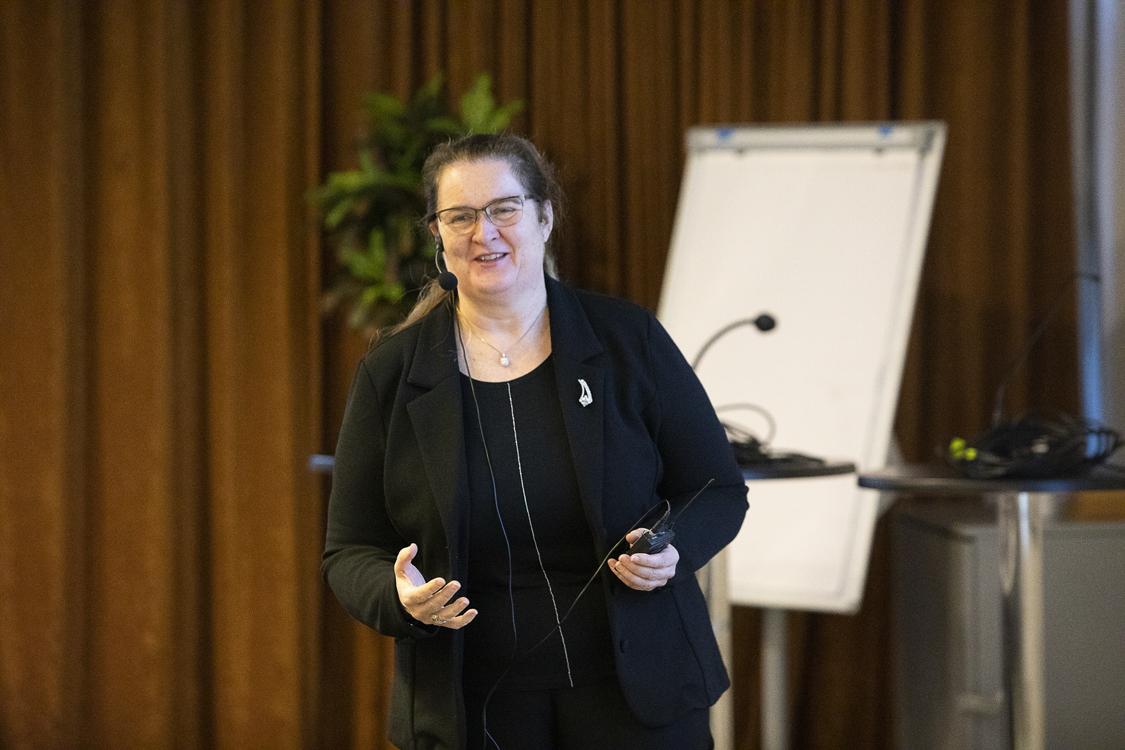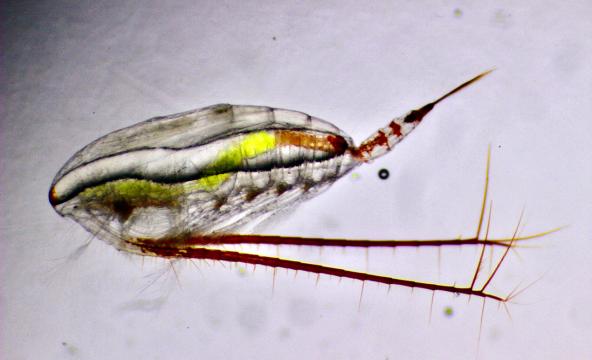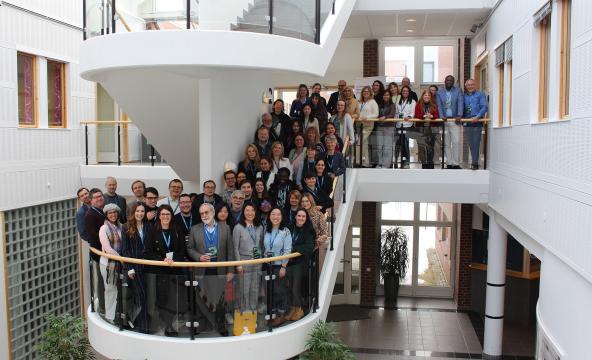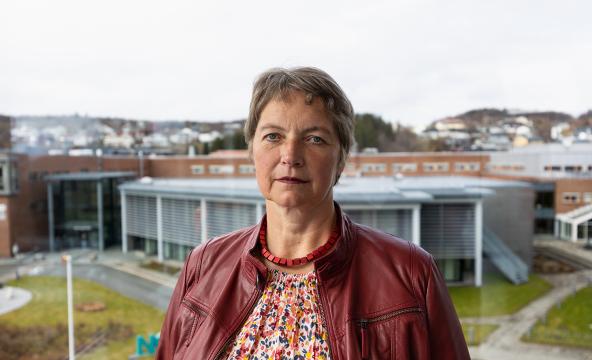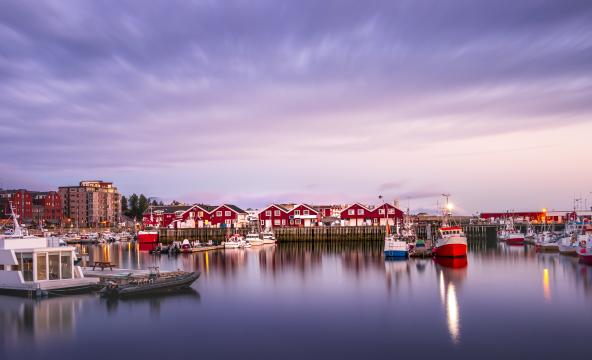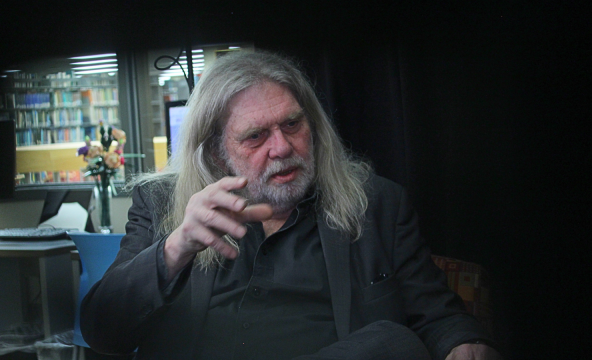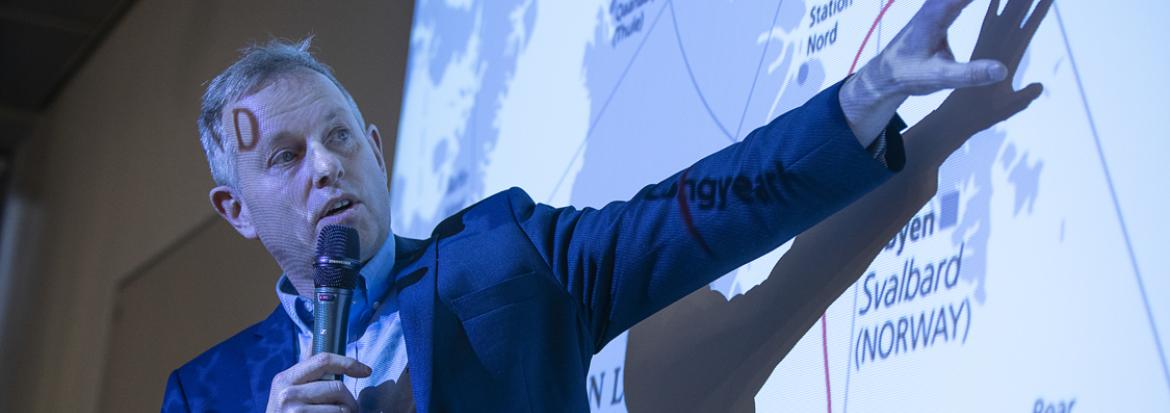
This article is more than one year old.
The three conferences High North Dialogue, Arctic Frontiers and Kirkeneskonferansen came together on Thursday 25 November and organized a joint conference with a focus on sustainable development in the northern regions and the Arctic.
The Hurdal platform
The conference was chaired by Frode Mellemvik, director of the High North Center at Nord University Business School, Anu Fredriksson Executive Director for Arctic Frontiers and Guro Brandshaug, general manager of the Kirkeneskonferansen. It took place at Ingeniørenes Hus in Oslo and gathered approx. 80 people from businesses, academic institutions, public administration and other stakeholders for the northern regions.
The Hurdal platform heralds a new development for investments in the High North. The conference wanted to try and find out what this means for businesses in the north and for priorities with regard to climate action. How can Northern Norway contribute to achieving these environmental goals?
The Arctic is a peace project, for stable and peaceful development
State Secretary Eivind Vad Petersson from the Ministry of Foreign Affairs was the first invited speaker. He said that the new government is in a listening phase and needs some time to set out its course.
Increased geopolitical tension
He emphasized what the previous government said, that the northern areas are Norway's most important investment area.
– The Arctic is a peace project, for stable and peaceful development, said Petersson.
– We see that the world has changed and that increased geopolitical tension is affecting the region.
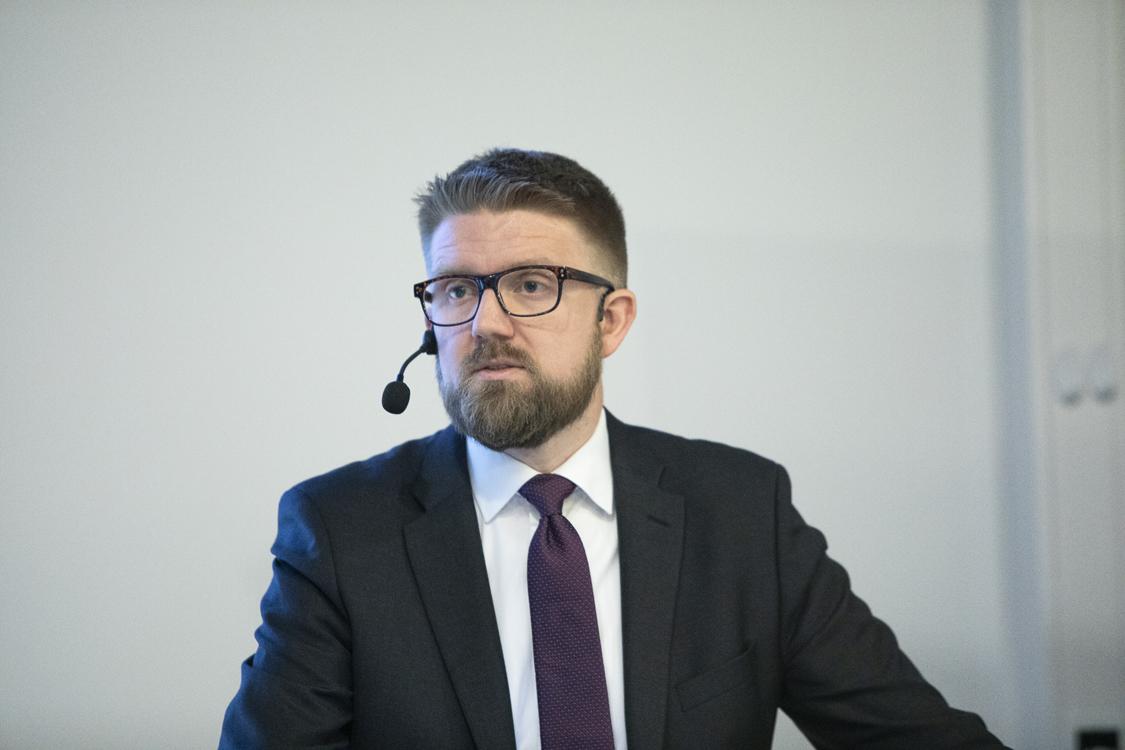
He stated that the way forward is more Nordic cooperation when it comes to defence and research and that several countries have created Arctic strategies, including the EU. In particular, green transition is important, not least in view of the EU's attitude towards this.
Terms of framework
Målfrid Baik from NHO Arctic gave a presentation on how Norway's largest employers' organization viewed the challenges for the northern regions. She pointed out that the challenge was no longer that there were no jobs in the north. On the contrary, there will be 30,000 new jobs in the north towards 2030. How will these be staffed?
Four companies from Northern Norway had also been invited to give a presentation of their companies and future plans for sustainable development.
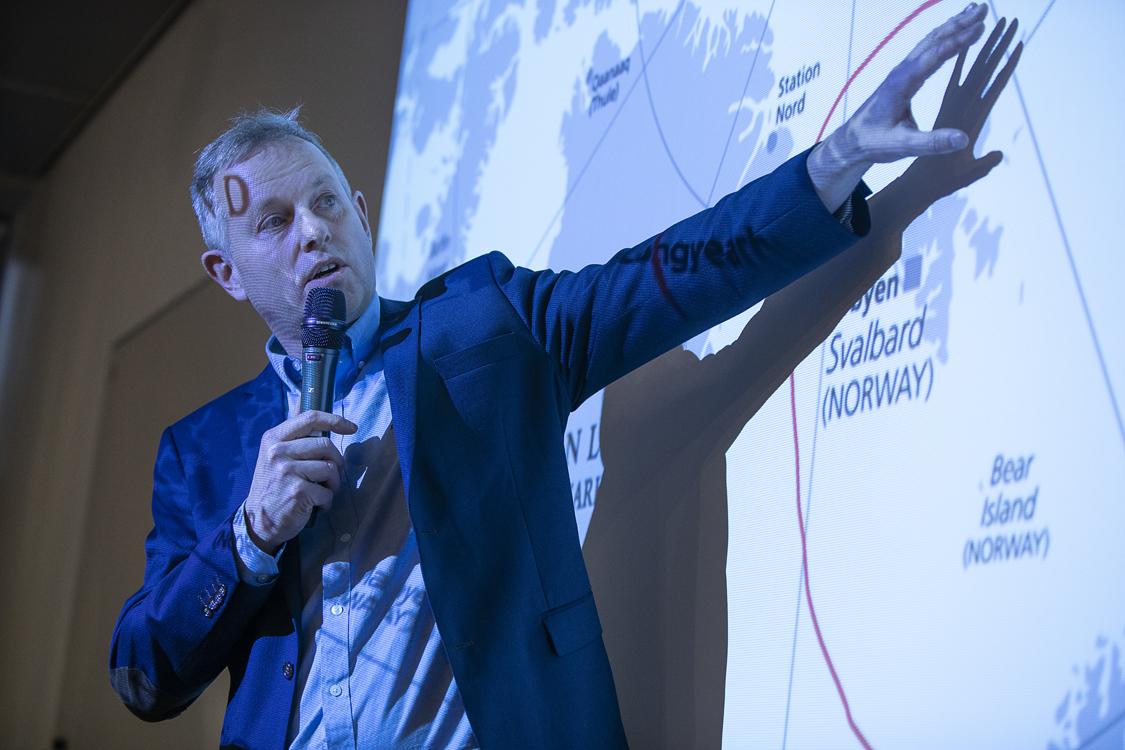
These were:
- Green Ammonia Berlevåg AS, Chairwoman of the board, Liv Monica Stubholt
- Mo Industripark, CEO, Arve Ulriksen
- Gigante Salmon, Communication's director, Linda Storholm
- Stella Polaris, CTO, Jaran Rauø
What the presenters had in common was that they called for a better framework from the authorities for investing in green and sustainable development. It was shown, among other things, to Sweden, where the authorities have made far more arrangements in their northern areas, both with financial incentives and commitment.
– Positive attitude to vocational schools
The conference ended with a panel debate, led by Liv Monica Stubholt. The panel consisted of:
- Eivind Vad Petersson, State Secretary, Ministry of Foreign Affairs
- Gjermund Løyning, Director Community Relations, NHO
- Are Tomasgard, LO-secretary, LO
- Fridtjof Fossum Unander, Research Council of Norway, Area Director for Sustainability and green change
- Nicole Natalie Furnes, Student at Nord University, participant in the youth panel for the Northern Area Report
- High North News, Editor in Chief, Arne O. Holm
The panel debated what had emerged during the various presentations and Are Tomasgaard spoke, among other things, about the challenges surrounding indigenous peoples in the Arctic and the development of industry and the exploitation of natural resources.
Culture is important to gain a sense of belonging
Tax relief was also a topic of the debate, and Arne O. Holm said that we know that tax relief works, because we could see this in Alaska, Canada and Russia where it has been tried.
Nicole Natalie Furnes stressed how important education is, and that you have to work even harder to get young people to stay in the north to receive their education there. From her cohort in high school, she was the only one who had chosen to start at Nord University in her own home town. She also wanted more discussion of vocational subjects and also emphasized how important culture is to get a sense of belonging. This was received with spontaneous applause from the hall.
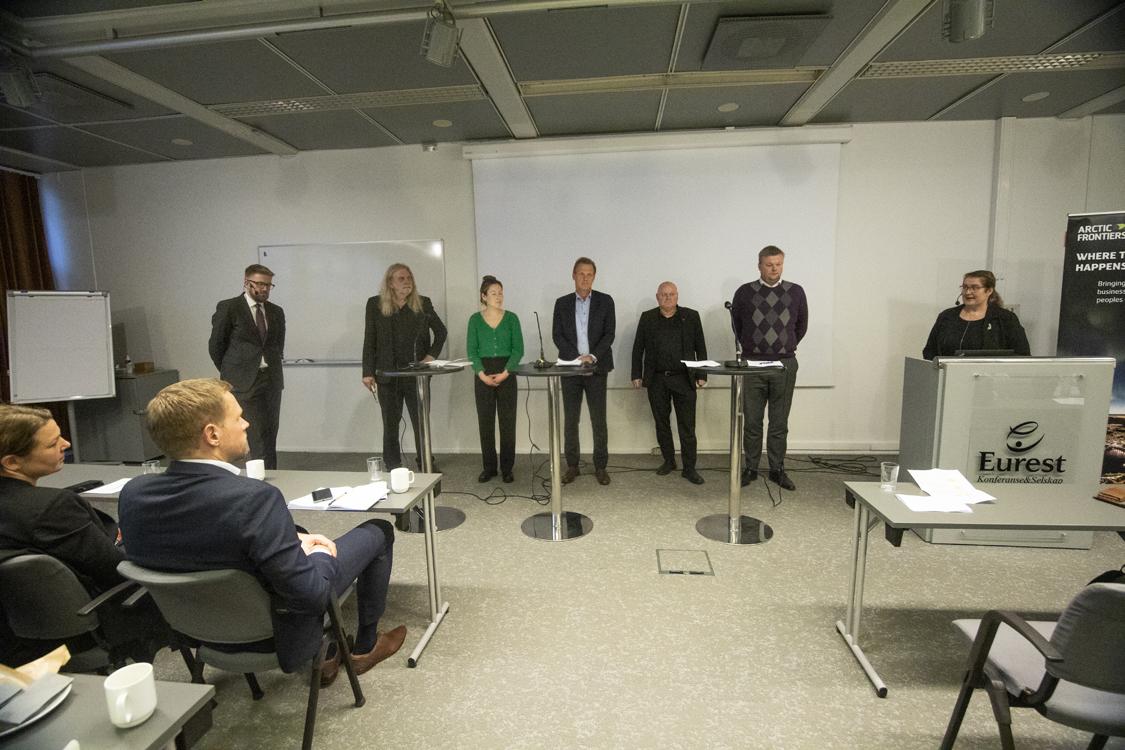
The conference ended with food, conversations and the establishing new acquaintances and contacts, after Anu Fredrikson from Arctic Frontiers had invited all those present to the Kirkeneskonferansen, Arctic Frontiers and High North Dialogue in the winter and spring of 2022.
